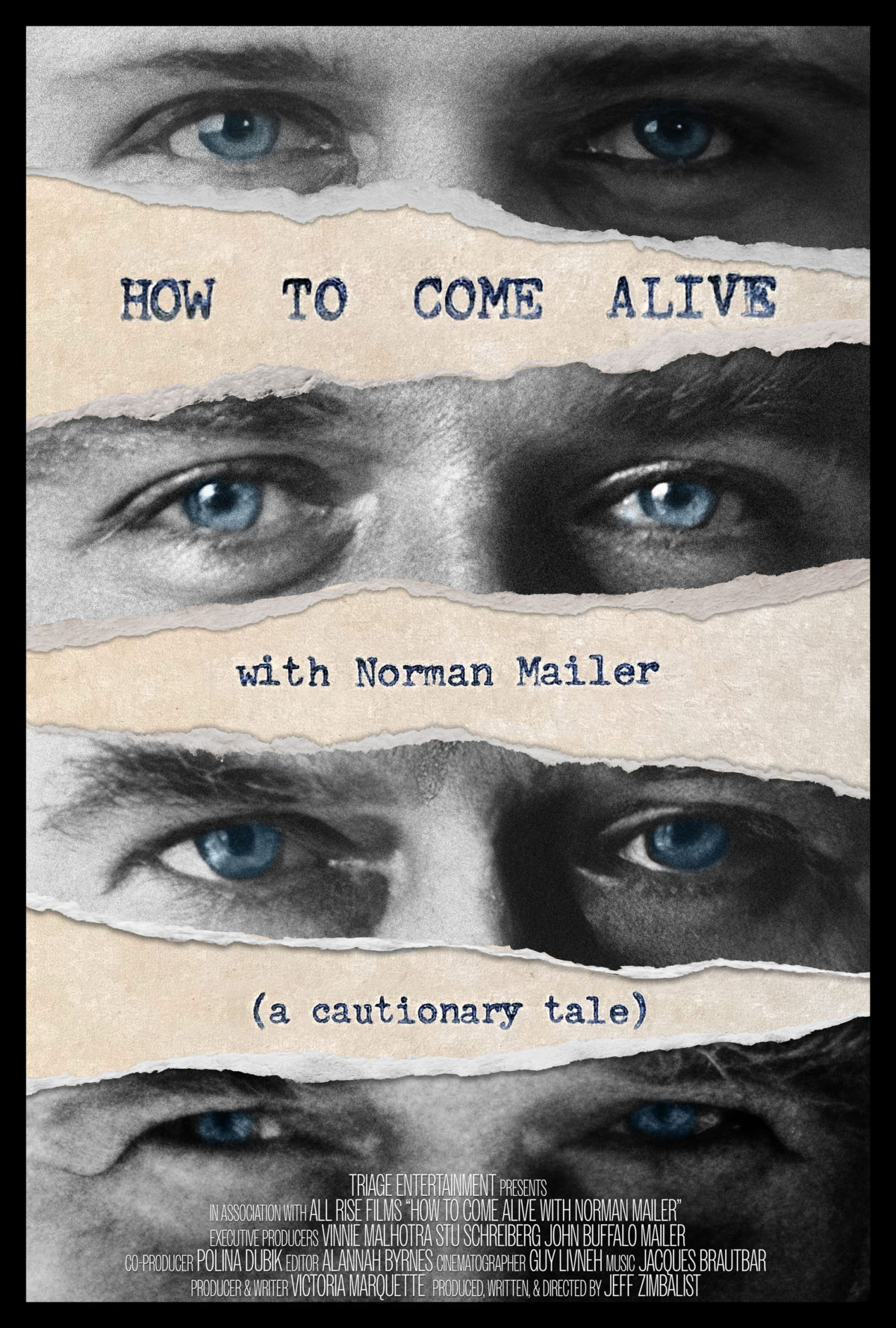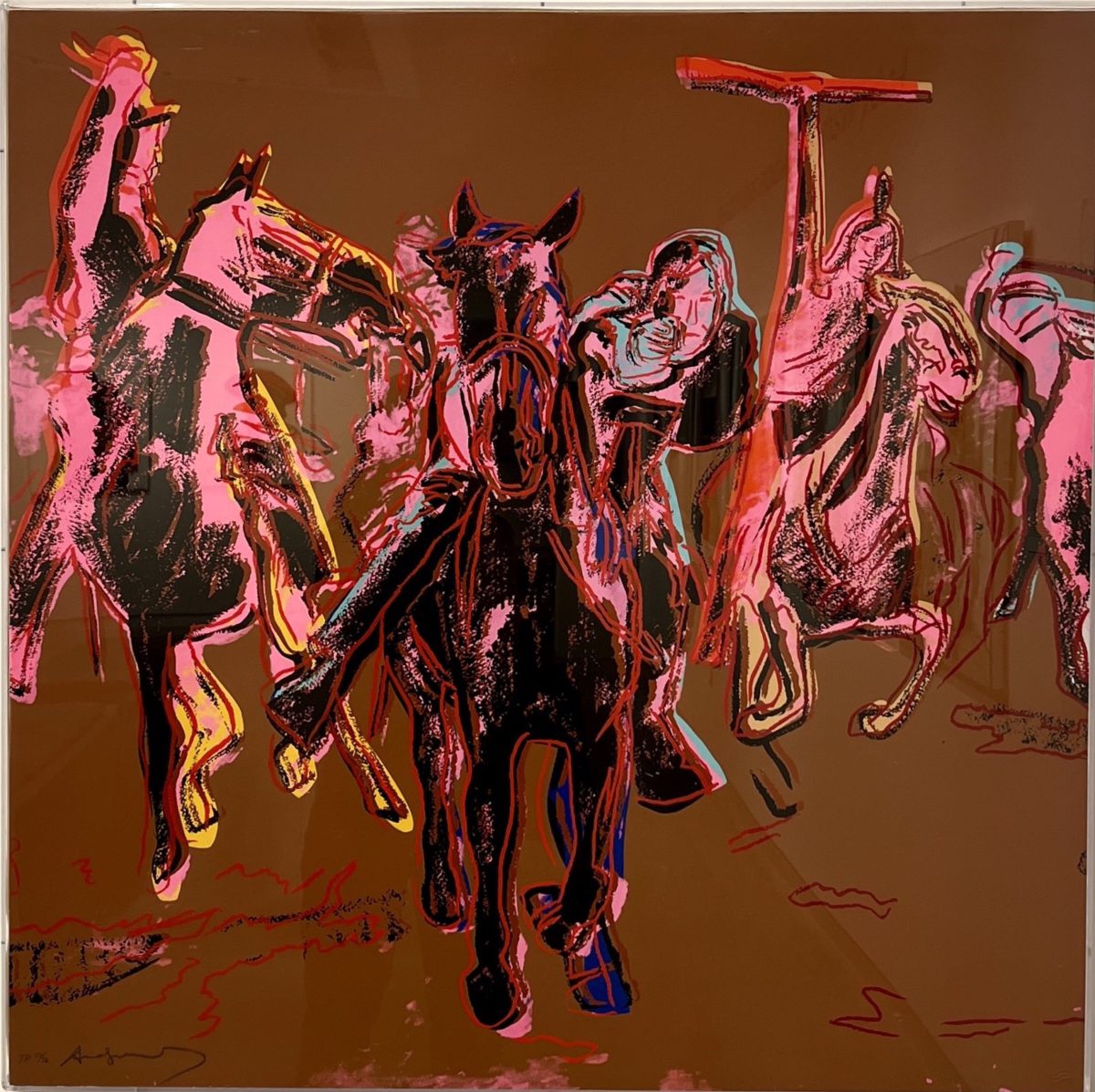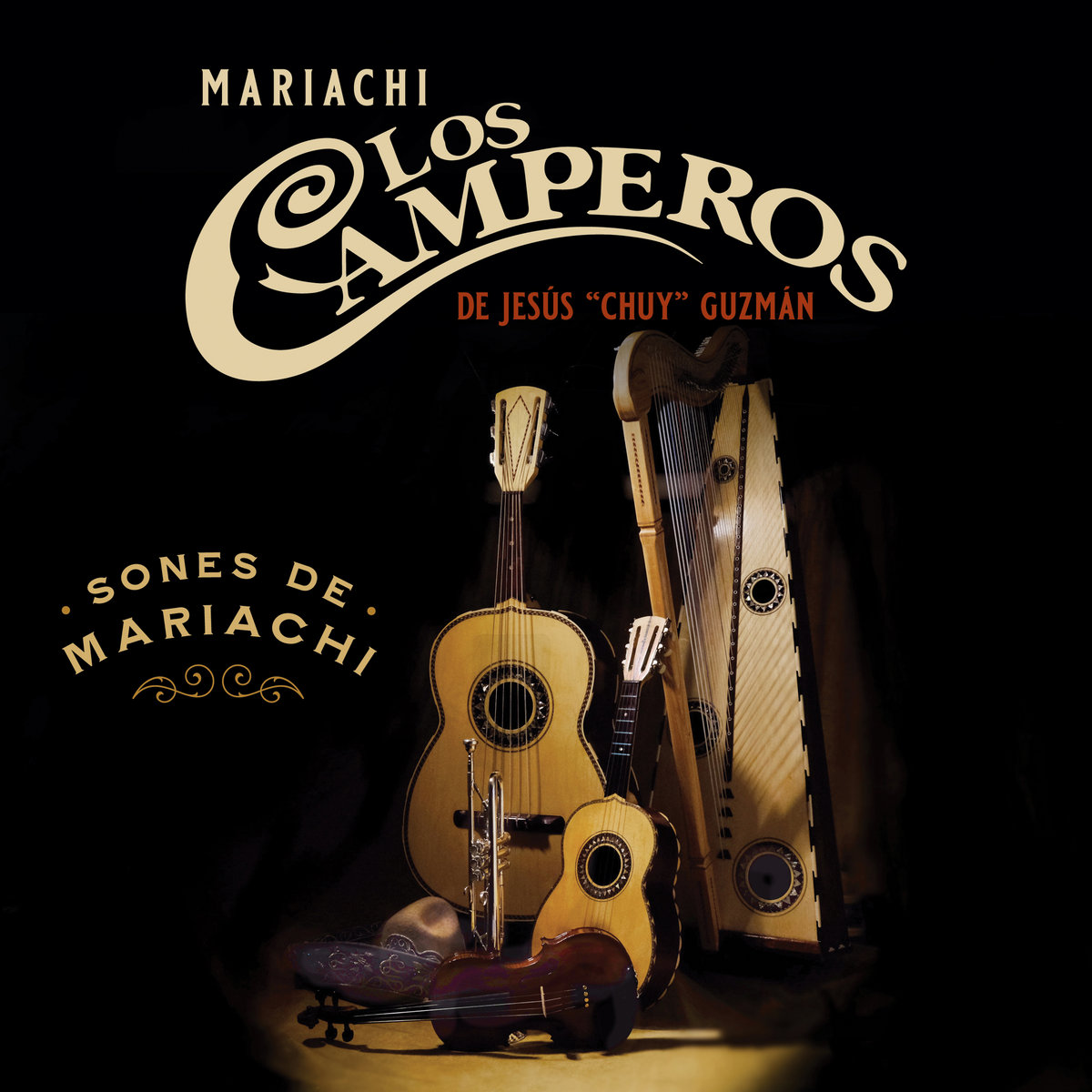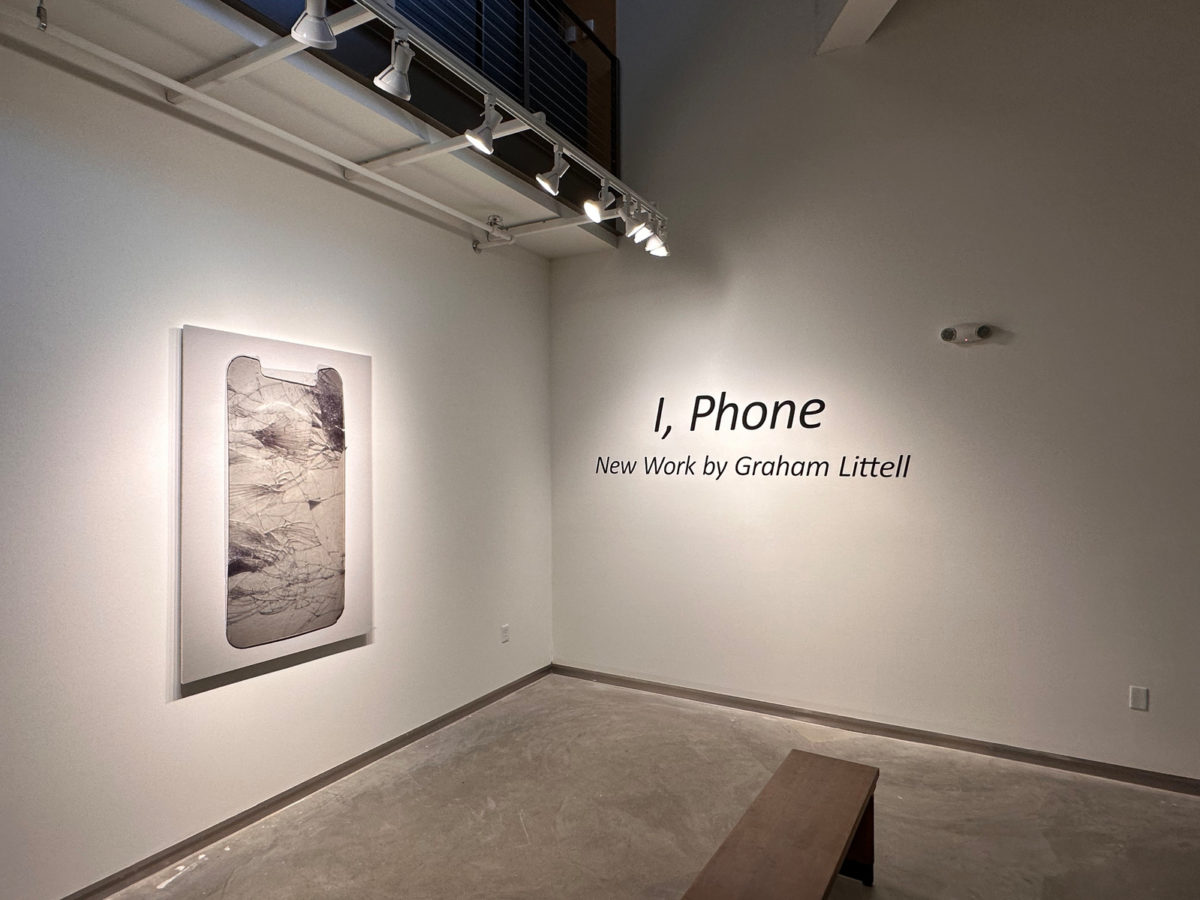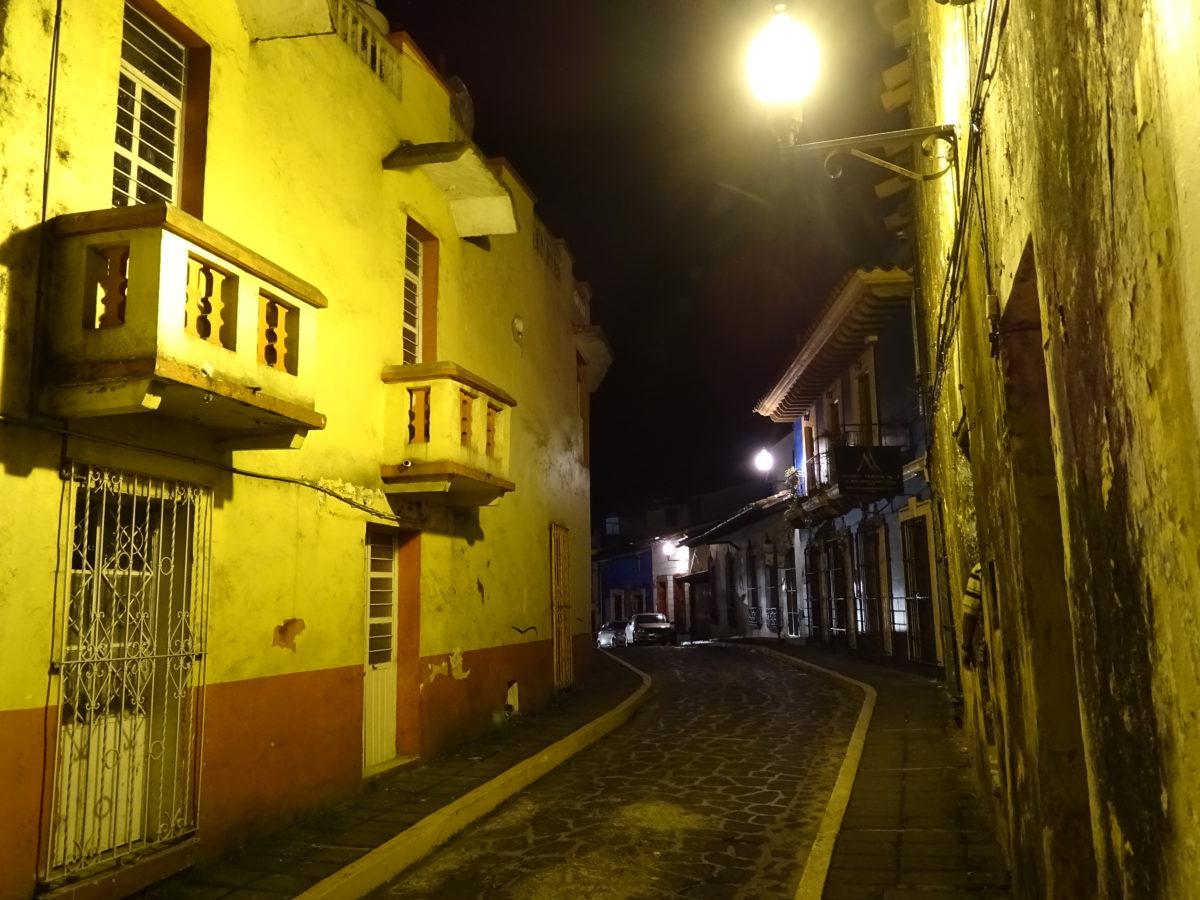
This Is Not Miami
by Fernanda Melchor, transl. by Sophie Hughes
Fitzcarraldo Editions (New Directions in the US), 2023
$15.95 (New Directions edition)
In Mexican literary journalist Fernanda Melchor’s Veracruz, the Mexican city and state are a far cry from the sprawling coffee fairs of Coatepec and the other eco-tourist attractions the state flaunts. In Melchor’s Veracruz, strange lights dance around the stars; they are not carrying aliens, but Colombian cocaine, and most of Veracruz’s children come to terms with the drug trade long before Santa Claus arouses any suspicion. If they’re not running the show themselves, Veracruz’s drug cartels are at least in cahoots with the state, rendering the life of a regular law-abiding citizen near-impossible. And while Veracruz is a state blessed with natural beauty, the place we find here the locals would escape in an instant, if only the means weren’t so far out of their reach. Melchor’s Veracruz is not Miami, nor is it the Veracruz of a tourist’s imagination.
This is Not Miami, published by New Directions (Fitzcarraldo Editions in the UK) and translated by Sophie Hughes, was initially released 10 years prior as Aqui no es Miami and marked Melchor’s full-length debut. The book itself might broadly be described as literary journalism, though Melchor offers us further classifications. Firstly, these stories might be considered relatos (i.e. tales or accounts), though Melchor also suggests the typically Latin American genre of crónica, “a hybrid form at once informative and interpretive, which has no entirely satisfying translation in English.” Like fellow investigative journalist Rudolfo Walsh, Melchor avoids sensationalism. Instead, she hones in on the effects on those involved, giving us authentic portraits of life in Veracruz. As she puts it, “at the heart of these texts is not the incidents themselves, but the impact they had on their witnesses.” Despite her involvement in the stories—sometimes as anecdotalist, more often as interviewer—Melchor abstains from sententiousness (Sophie Hughes’ English translation includes a revised version of one story, which sets out to provide “a more comprehensive, less biased” account). The result is a selection of stories that read more like certain episodes of Charles Baudelaire’s Le Spleen de Paris—observational, subterranean, and visceral—than mere reportage.
Most of the stories in This is Not Miami were written between 2002 and 2011 and provide a snapshot of a particularly barbaric time in Mexican history. In 2006, then-president Felipe Calderon launched his war on drugs, drafting the military to solve the threat drug cartels posed to everyday life in Mexico. Unless eliminated forcefully, these crime syndicates responded by upping the ante: more indiscriminate killings, more beheadings, and more acts of violence plastered over snuff websites like liveleak. Los Zetas, a cartel made up of military deserters, some with US army training, were by many considered to be the worst of the lot. They infect Melchor’s stories, as they did Veracruz: “to zacahuil” once referred to making the traditional corn dish in an outdoor brick oven; now, it can also refer to Los Zetas’ penchant for cooking humans, though usually in diesel—it burns slower.
In the final story in the collection, Melchor switches to second person, and her direct address puts us in the shoes of citizens of the Mexican port city. A cashier, who after dealing with regular shoppers—”women buying frozen gateaux… men who’d come for cigarettes, microwave dinners”—is met by a host of delinquents, whose ring leader wants to pay for a bulk order with a blank piece of plastic. He tries to politely refuse, but the customer isn’t budging: “if you don’t charge him using that card, you’d… end up dead… with a face full of holes and your brains blown out.”
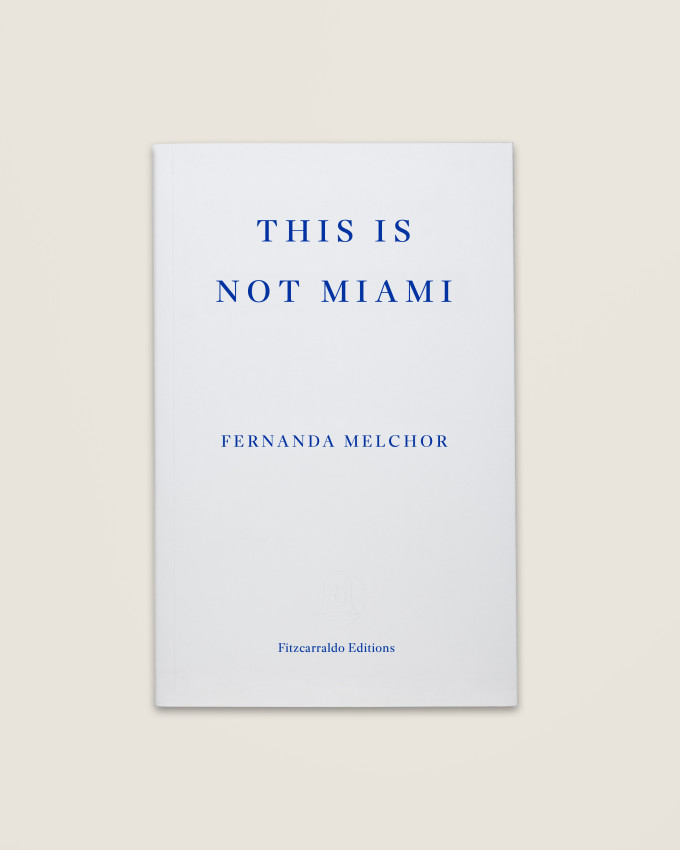
This is Not Miami is full of similar scenes, where everyday life and indiscriminate violence exist side by side, until they intertwine for a moment to flip some unfortunate soul’s life upside-down. If you’re lucky enough not to be forced out by such proximity to violence, the fear is enough to make paradise ugly. Take poor Señora Rita, whose quiet little corner of the world is rocked one day by a shootout. With the amount she’d spent on her new house, it’d be impossible to move again. The shooting stopped weeks ago, “but she can’t understand why the fear won’t leave her.” The constant threat of violence fills This is Not Miami like a foul odor. And it’s not as if the police can solve these problems. Melchor tells of Lázaro Linas—El Loca, “King of the Downers”—whose tienditas sold crack cocaine in the poor suburbs of Veracruz. These little shops also functioned as storage for hostages, stolen goods, and weapons. Even with the police in the know, “the line to buy blow would be so long it looked more like a queue for tortillas…” The message is clear: Don’t mess with my boys.
The stories in This is Not Miami are hopeless, violent and anxiety-inducing. Often, the closing lines read like tangents, as if Melchor becomes distracted from the subject at hand. “The House on El Estero,” for example, tells the story of Melchor’s first husband’s experiences in a haunted house, the evening when a friend was possessed and subsequently sent to a witch doctor. Melchor’s conclusion is abrupt and surprising: “And that’s how I met my first husband. That’s how I fell in love with the stories he told.” You’re left with the impression that this does a disservice to the story, that all that we read here—in the collection’s longest story—has more to do with trauma and uncertainty than storytelling and romance.
The effect is not dissimilar in the end of “Life’s Not Worth a Thing,” wherein two lawyers refuse to offer legal help to some narcos: “[he] turned to me and said, like he always did whenever it seemed like we were in a fix we couldn’t get out of: it’s not worth a thing, this life,’ like the song from the Pedro Infante film, and I responded how I always did when I heard it: ‘Life’s not worth a thing.’” The fear is minimized by a sort of playfulness, an attempt to paint the new hole they’ve got themselves into as one they’ve dug themselves out of a thousand times already. Less concerned with the events themselves, these stories track attempts at recovery. What good would a direct comment from Melchor do to analyze or moralize any of these stories, when what they depict is so obvious?
This is Not Miami courses through the gamut of Veracruz’s inhabitants. Melchor’s debut never panders, it isn’t interested in casting aspersions on the villains that fill these pages. Its finest quality is its portrayal of lives lived in such close proximity to horror, and yet where the violence never consumes them.

